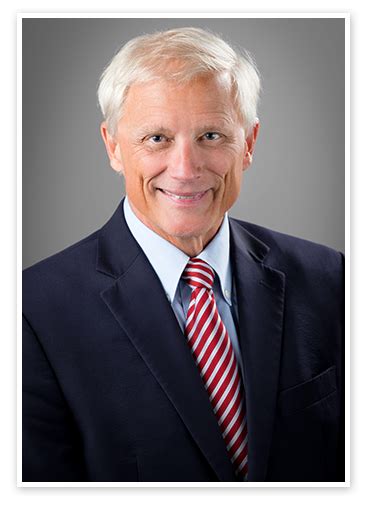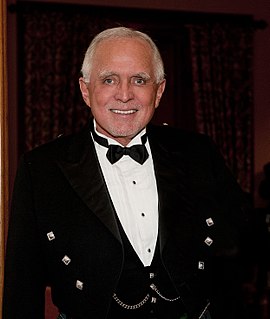A Quote by James Surowiecki
Lack of confidence, sometimes alternating with unrealistic dreams of heroic success, often leads to procrastination, and many studies suggest that procrastinators are self-handicappers: rather than risk failure, they prefer to create conditions that make success impossible, a reflex that of course creates a vicious cycle.
Related Quotes
Fear of success is far more dangerous than fear of failure, because the subconscious mind works to prevent that which it fears. People may fear success because of low self-esteem and feeling of not deserving it; because it will increase what others expect of them. Fear of success shows up as anxiety, indecision, avoidance, procrastination or acceptance of mediocrity.
As well as many subspecies, the main blocks are fear of failure after previous success, fear of success due to a sense of unworthiness, lack of potential venue, jaded attitude, crisis of confidence, evidence of persistent poor quality, lackadaisical motivation, and common everyday shortage of ideas.
Success gives you a platform for further success - suddenly everybody wants to work with you, and your opportunities and possibilities open up. But at the same time, success is also immensely challenging - it ultimately often creates pride, stubbornness, and sloppiness that beget failure, taking down people and organizations.
"Leadership" is a big topic today. We know that the world - nations and communities in addition to companies - needs more and better leaders. So I wanted to explore how leaders make a difference, how they can shift a negative cycle, turn around a losing organization, propel a team to victory when conditions aren't perfect. I saw that what leaders do is build confidence in advance of victory. Then the confidence they produce makes the hope of success turn into the reality of success, because people behave differently when they are surrounded by a culture of confidence.
I would hesitate to use the word 'success' in the way many people do. I don't know that I would apply it to what I've done as though I have now reached the ultimate goal. To me success is a continuing thing. It is growth and development. It is achieving one thing and using that as a stepping stone to achieve something else. Success comes as you have confidence in yourself. Self-confidence is built by succeeding, even if the success is small. It is the believing that makes it possible.
For want of self-restraint many men are engaged all their lives in fighting with difficulties of their own making, and rendering success impossible by their own cross-grained ungentleness; whilst others, it may be much less gifted, make their way and achieve success by simple patience, equanimity, and self-control.
If success were easy, then it would not necessarily be true success. Some of history's most successful people learned to cope with failure as a natural offshoot of the experimental and creative process and often learned more from their failures than their successes. By taking the attitude that failure is merely a detour on the way to our destination, hope can blossom into success.































